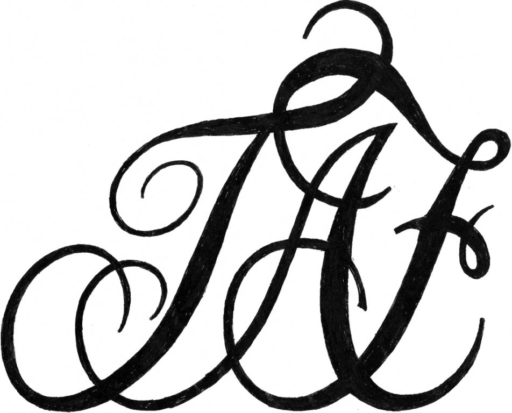A distinguishing trait in the character of the primitive Friends, was the earnestness with which they enforced, both by example and precept, the indispensable obligation of a life of holiness in the fear of God. While they felt the necessity of having a sound and firm belief in all the doctrines of the Christian religion as set forth in the Holy Scriptures, they were also convinced that unless this belief was carried out in the daily walk and conversation, and accompanied by those fruits of the Spirit which are the evidences of true faith, as well as the ornament of the Christian, it would be of little avail.
Recognizing in its full extent the declaration, “Except a man be born again, he cannot see the kingdom of God,” and the test laid down by the Saviour of men, “By their fruits shall ye know them;” as well as his solemn words, “Not every one that saith unto me, Lord, Lord, shall enter into the kingdom of heaven, but he that doth the will of my Father which is in heaven,” they were concerned to warn all against the delusive notion that men might live in sin, and in the indulgence of their carnal wills and appetites, and yet be saved by a professed dependence on what the Lord Jesus Christ has graciously done in his flesh for the redemption of mankind.
They were plain, practical, self-denying men and women, deeply and earnestly engaged to walk in the obedience of faith to all the requirements of the Divine law; and their minds being enlightened from on high to see the true spiritual nature and the transforming effects of the religion of the gospel, they apprehended that many of its professors were resting their hopes of salvation on a mere assent of the understanding to the truths recorded in the Holy Scriptures, and in the compliance with outward ceremonies, without bringing forth those “good works which were before ordained that we should walk in them.”
The inward life of righteousness in the daily fear of God, being the great object of their earnest concern and engagement, both for themselves and others, they called on their hearers to come home into their own hearts, and examine in the light which Christ gives, whether they were clean and pure, or defiled and
unholy.
With no less earnestness they pressed upon all the necessity of a close attention and obedience to the teachings of the Spirit of Truth in the heart, as the great enlightener and sanctifier of man and his guide in things pertaining to salvation; as the true light by which every one might come to see his own state, as seen by the Searcher of hearts, and be shown the way to come out of the thraldom of sin into the glorious liberty of the children of God.
They invited men to come to and believe in Christ Jesus the Lord, not only as testified of in the Bible as the Redeemer, Propitiation Mediator and Intercessor with the Father for lost fallen man, but also as He reveals himself in the heart by his Spirit, as the true Light; showing man his undone condition in the fall, and the means by which he may be brought out of it by being born again of the Spirit; and also as a swift witness against evil, and a comforter for well doing. Esteeming this knowledge as the very essence of true religion, they dwelt much upon it in their ministry and writings, and even in their dying sayings enjoined it on their hearers, as of the first importance to all who hoped for salvation.
